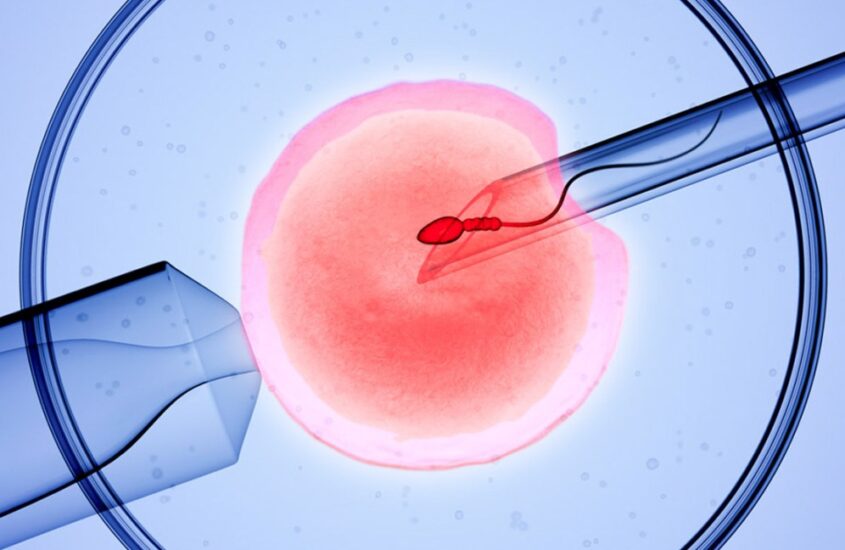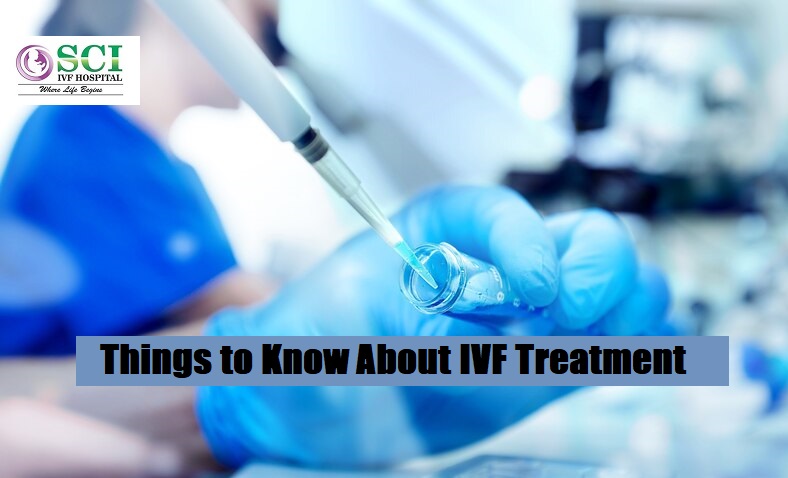A kind of ART, in vitro fertilization (IVF), involves fertilizing an egg outside the body. In this procedure, eggs are taken from a woman’s ovaries and fertilized with sperm. Known as an embryo, this fertilized egg is a cell. The embryo may subsequently be placed in a woman’s uterus or preserved for later use. For this procedure you can trust Dr Shivani Sachdev Gour, one of the top IVF doctors in Delhi.
What Should I Do to Get Ready for In Vitro Fertilization?
Women will first go through ovarian reserve testing before starting IVF. Blood must be drawn and tested for follicle-stimulating hormone levels (FSH) to do this. Your physician will learn more about the quality and size of your eggs from the test’s findings.
The doctors in the best IVF treatment centre in Delhi will also examine your uterus. This could include doing an ultrasound, which makes a picture of your uterus using high-frequency sound waves. Additionally, your doctor may insert a scope into your uterus via your vagina. These examinations may help your doctor decide how to implant the embryos and show how healthy your uterus is.
Sperm testing will be required for men. A lab must provide a sample of semen to determine the quantity, dimensions, and form of the sperm. An intracytoplasmic sperm injection (ICSI) treatment may be required if the sperm are frail or damaged. ICSI is a potential step in the IVF procedure. A technician uses ICSI to inject sperm right into the egg.
What Steps Are Taken During In Vitro Fertilization?
The IVF process consists of five steps:
- Stimulation
Each menstrual cycle typically results in one egg being produced by a woman. However, several eggs are needed for IVF. Using more than one egg enhances the likelihood of creating a healthy embryo. You will be given fertility medications to enhance the number of eggs your body produces. Regular blood tests and ultrasounds will be done during this period by your infertility specialist in Delhi to track the development of the eggs and inform them when to be removed.
- Egg Retrieval
Follicular aspiration is the term for egg extraction. It’s a surgical operation done under anesthetic. Your doctor will insert a needle into an egg-containing follicle in your ovary after using an ultrasound wand to guide it through your vagina. Each follicle will have eggs and fluid suctioned by the needle.
- Insemination
The male partner must now provide a sample of semen. In a petri dish, a technician will combine the sperm and the eggs if ICSI is chosen by the best fertility doctor in Delhi and does not result in embryos.
- Embryo Culture
Your doctor will observe the fertilized eggs to ensure they are dividing and growing. At this point, the embryos could be subjected to genetic condition testing.
- Transfer
Embryos can be implanted once they are large enough. Three to five days following conception, this often happens. An implant procedure introduces a catheter into your vagina, cervix, and uterus. The embryo is subsequently implanted into your uterus by the best IVF doctor in Delhi NCR.
You can find out whether you’re pregnant with a blood test. When the embryo embeds itself in the uterine wall, pregnancy occurs. It can take six to ten days.
Conclusion
It is difficult to decide whether to get in vitro fertilization and what to do if the first attempt fails. This procedure may be challenging because of the potential financial, physical, and emotional costs. Have a long conversation with the best IVF doctor in Delhi at SCI IVF Hospital to find your best alternatives and if in vitro fertilization is the best course for you and your family.


